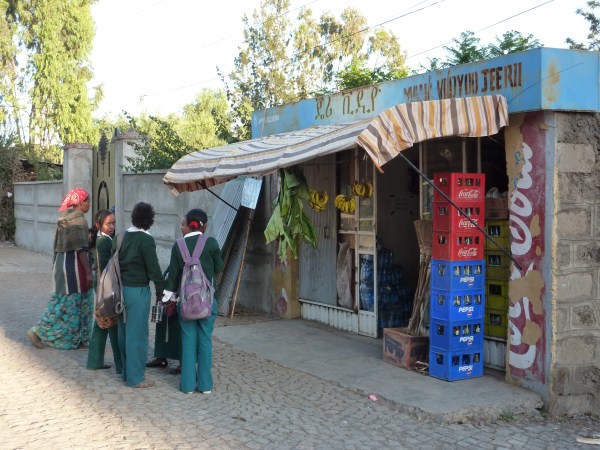2012, May: Workshop Residue evaluation, setting of MRLs and consumer safety
A workshop was organized on Maximum Residue Level (MRL) setting and consumer risk assessment at the Veterinary Institute in Debre Zeit. Fourteen participants of Animal and Plant Health Regulatory Directorate (APHRD), Ethiopian Food Medicine and Health Care Administration and Control Authority (EFMHCACA), Ethiopian Health and Nutrition Research Institute (EHNRI) and the Desert Locust Organization For Eastern Africa (DLCO-EA) discussed on important issues related to:
- registration and GAP
- MRL setting
- use of JMPR evaluations, EU evaluations and Codex MRLs
- WHO Cluster Diet A
- import tolerances in for instance Europe for crops exported from Ethiopia
- consumer risk assessment
- risk via drinking water (relation to PhD project on aquatic risks of Berhan Teklu).
Introductions on each topic were given by Jan Hendrik Krook of the Board for the Authorisation of Pesticides of The Netherlands (http://www.ctgb.nl/ ). Each introduction was followed by a group discussion and exercises.
The overall conclusion of the workshops was that MRL setting is necessary for performing consumer risk assessment for various Ethiopian consumer sub groups. Furthermore, MRL setting will gain insight in residue behaviour in general which will help to develop a monitoring system and will support exportation of crops from Ethiopia to other countries.
Action points were raised for improvement of WHO Cluster Diet A in order to create regional diets fitting to the agro-ecological zones with varying dietary habits in Ethiopia and for a pilot on MRL setting (comparison of Ethiopian GAPs to available Residue Evaluations (JMPR, EU) and MRLs (Codex).
An open point was set on the details on the number of applications and their intervals as part of the instructions of use.




